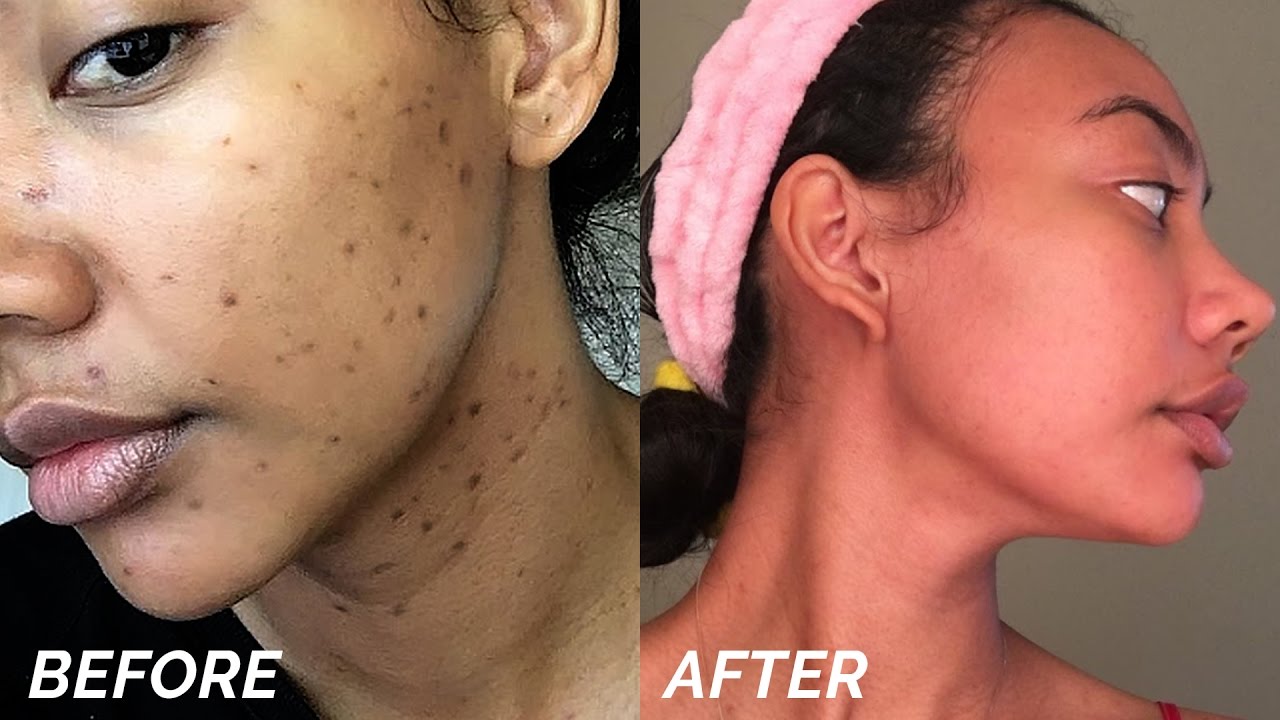For hundreds of years, people around the world have linked turmeric to healing properties and cosmetic benefits. The bright, yellow-orange spice is related to ginger. It’s available as a ground spice or in supplements and other beauty and dermatology products.
Turmeric gets its health benefits primarily because of curcumin, a bioactive component. Curcumin has anti-inflammatory and antioxidant properties.
Modern scientific research is just beginning to study the positive impact of turmeric, but many believe it has several beneficial uses for the skin. Here are some ways turmeric may benefit your skin.
Try turmeric now.
It contains properties that contribute to a natural glow
Turmeric contains antioxidants and anti-inflammatory components. These characteristics may provide glow and luster to the skin. Turmeric may also revive your skin by bringing out its natural glow.
You may want to try a turmeric face mask at home to see if the spice has any positive effects on your skin. You can mix small amounts of Greek yogurt, honey, and turmeric together and apply to your face. Keep the mask on for 15 minutes and then wash off with water.
It can heal wounds
The curcumin found in turmeric can help wounds heal by decreasing inflammation and oxidation. It also lowers the response of your body to cutaneous wounds. This results in your wounds healing more quickly.
Studies have found that turmeric can positively affect tissue and collagen as well. The journal Life Sciences recommends applying curcumin as an optimized formula to best work on skin wounds.
It can help your psoriasis
The antioxidant and anti-inflammatory qualities of turmeric may help your psoriasis by controlling flares and other symptoms.
The National Psoriasis Foundation states that you can use it as a supplement or by adding it to food. Before you try it, the foundation recommends discussing proper dosage with a professional.
It may help with acne scarring and dark spots
You may want to try a turmeric face mask to help reduce acne, dark spots, and any resulting scars. The anti-inflammatory qualities can target your pores and calm the skin. Turmeric is also known to reduce scarring. This combination of uses may help your face clear up from acne breakouts.
It has been linked to scabies treatment
In an early study conducted in India, a combination of turmeric and neem, a plant native to India, was effective in treating scabies. Scabies is a condition caused by microscopic mites that leave a rash in the skin.
It may help with a range of other dermatological conditions
There aren’t enough studies to provide conclusive evidence about how turmeric can help other skin conditions. However, it’s suggested that it can help with eczema, alopecia, lichen planus, and other skin issues.
A study in Phytotherapy Research recommends further research on the effects of turmeric on various skin conditions. Interest in studying turmeric as a skin treatment is increasing.






